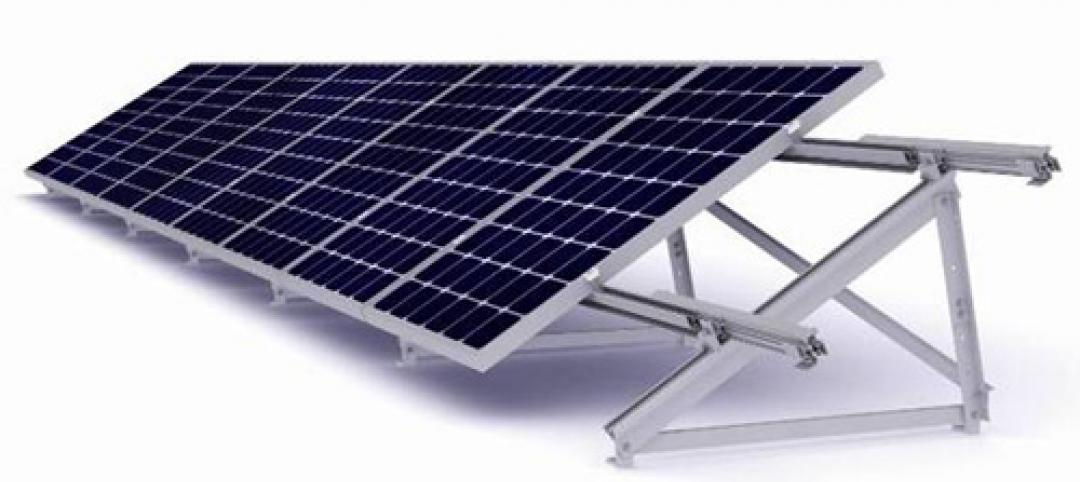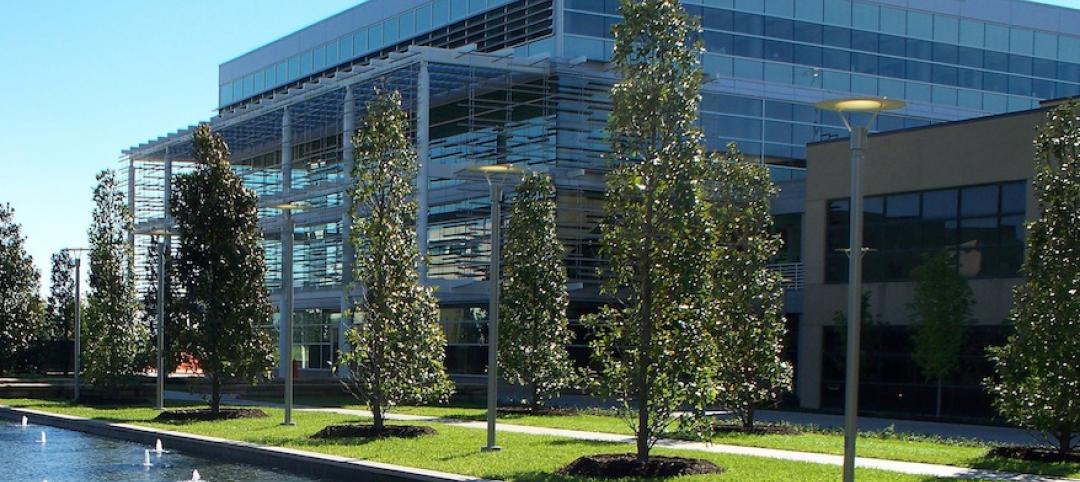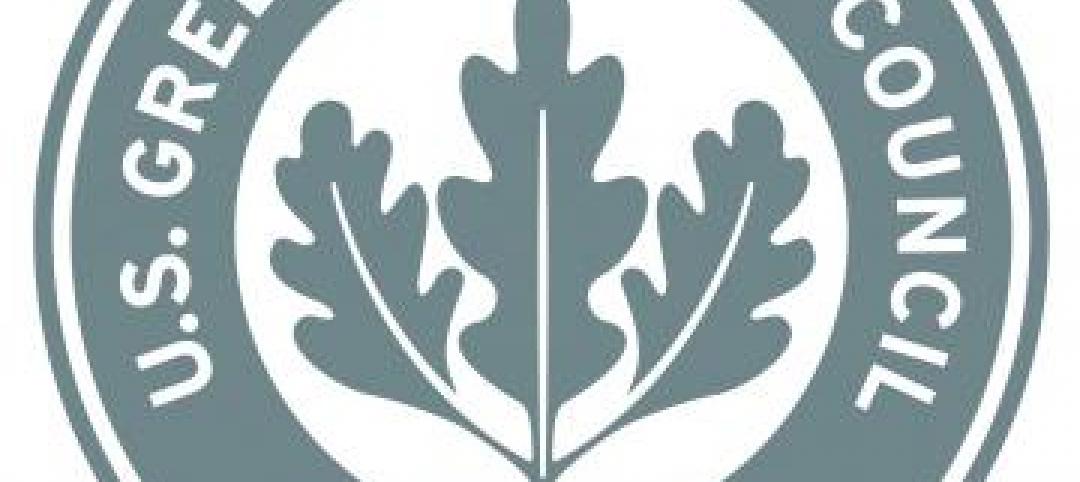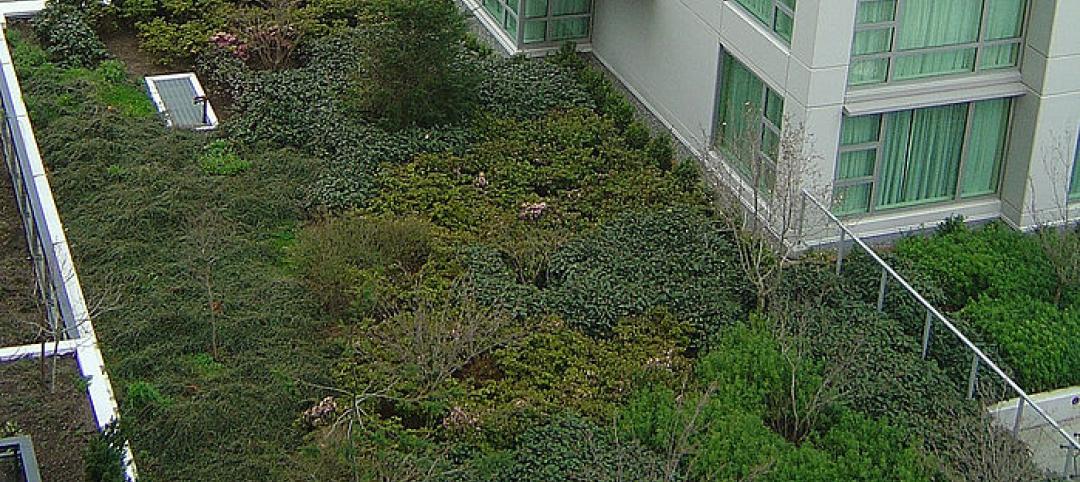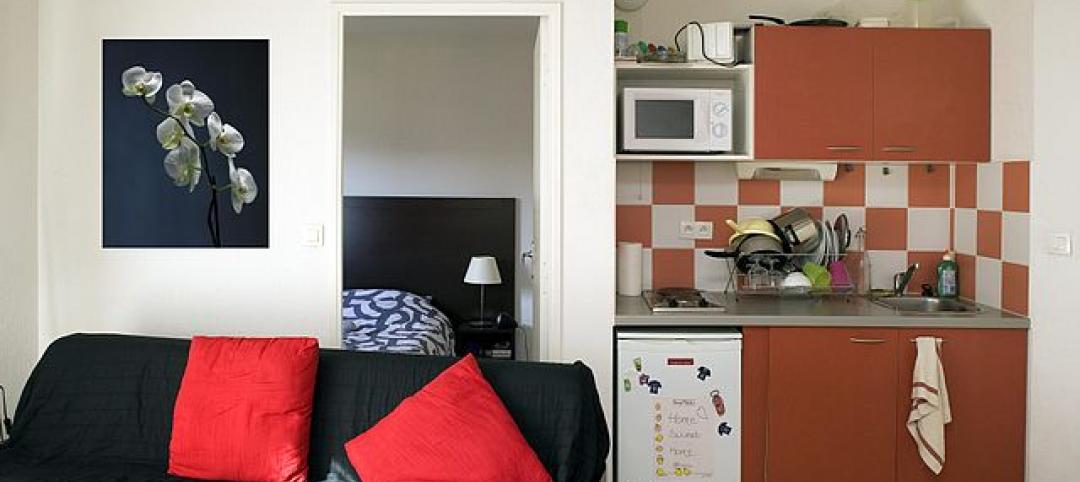ASHRAE has released a new standard that defines the terms "zero Energy" and "zero carbon" to describe buildings.
ANSI/ASHRAE Standard 228-2023, Standard Method of Evaluating Zero Net Energy and Zero Net Carbon Building Performance, sets requirements for evaluating whether a building or group of buildings meets a definition of “zero net energy” or a definition of “zero net carbon” during operation. The standard draws from other ASHRAE standards to address energy and carbon flows across a site boundary, their measurement, and their balance.
“Achieving a zero energy building has been viewed by many as a difficult goal to meet, with unforeseeable roadblocks and differing guidance,” said Keith Emerson, P.E., Life Member ASHRAE, chair of the Standards Project Committee 228. Standard 228 provides a consistent method for determining whether new and existing sites have reached zero energy. We hope this standard will become a helpful resource for building professionals in strategic decarbonization planning.”
Features of Standard 228 include:
- Allowances for sites that lack the means to produce adequate renewable energy, while placing additional requirements on the use of external carbon and renewable energy in the calculation.
- Defined calculation of energy in terms of source—a multiplier on the energy crossing the site boundary including energy used or lost in extraction, generation, and transit to the site.
- The main energy calculation made in terms of annual average factors. Allowance is made for the calculation of individual hours where data is available.
Related Stories
| Feb 7, 2014
ASHRAE releases new refrigerant standards
The 2013 editions of ASHRAE’s major refrigerants-related standards, incorporating 41 new addenda, have been published.
| Feb 7, 2014
Ohio legislature moves to bar LEED standards on state projects
The use of LEED standards is being barred for public construction in Ohio under a state senate resolution.
| Jan 31, 2014
Center for Environmental Innovation in Roofing releases solar panel racking criteria for asphalt shingle roof systems
The Center for Environmental Innovation in Roofing’s PV Taskforce is releasing the first public draft of PV Racking and Attachment Criteria for Effective Asphalt Shingle Roof System Integration for an initial round of public comment.
| Jan 31, 2014
Developers are exceeding LEED standards for marketing purposes
Using LEED certification as a marketing tool is perceived by developers to be a successful tool, and this has pushed them to go above the minimum requirements at each level of certification, according to a study in the Environmental Science & Technology journal.
| Jan 31, 2014
OSHA extends feedback period for disclosure of workplace injuries proposal
The Occupational Safety and Health Administration said it would extend the comment period for a proposal that would require employers to submit electronic reports of workplace injuries and illnesses.
| Jan 31, 2014
DOE releases new efficiency standards for halide lamps
The Energy Department has finalized new energy efficiency standards for metal halide lamp fixtures, which are used in lighting for big box stores and parking lots.
| Jan 31, 2014
New LEED online platform now available for LEED v4 projects
LEED v4 projects will be the first to experience the new LEED Online platform with streamlined documentation and processes.
| Jan 26, 2014
New York extends, enhances tax abatements to promote green roofs
The expansion of a tax-abatement program for green roofs under New York state law doubles the previous maximum benefit of $100,000, adds new plant species to the list of those applicable for the tax break.
| Jan 23, 2014
Washington state micro apartment law prompts fire safety concerns
Proposed legislation to further regulate the building of micro apartments has triggered appeals from community activists concerned that fire safety standards are sub-par.
| Jan 23, 2014
Pennsylvania owes school districts $1B for construction projects
The Pennsylvania Department of Education owes about $1 billion to numerous school districts for about 350 state-approved renovation and construction projects.



